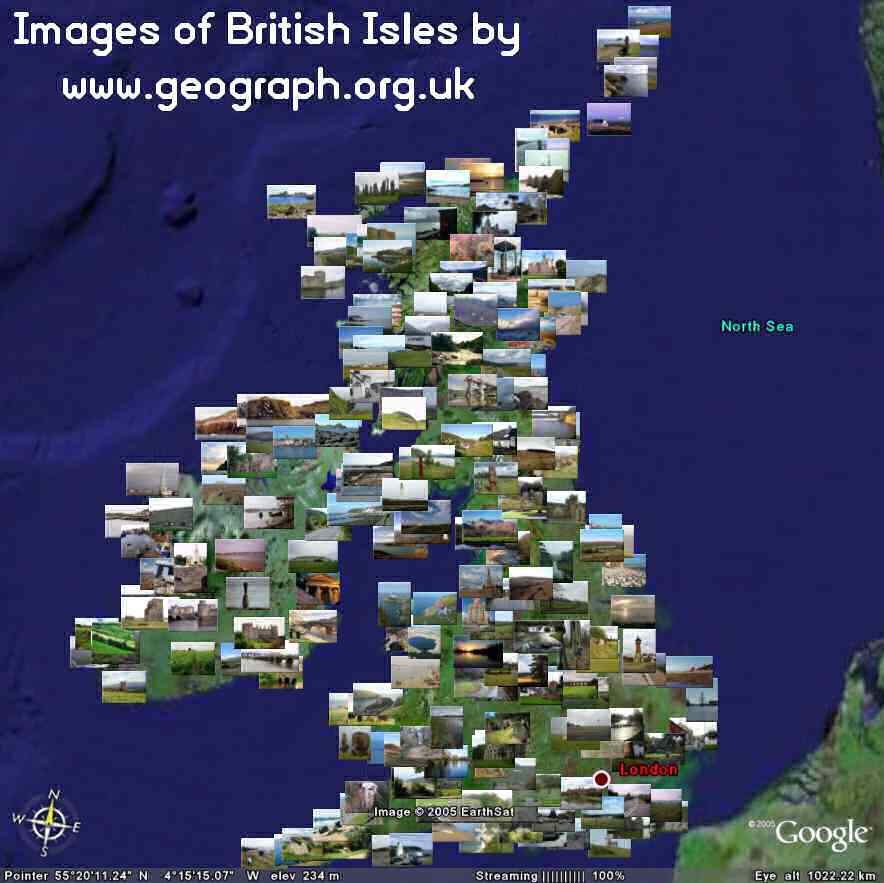Monday, 25 February 2008
ICT and Geography - Web Quest

This is my web quest that I have done for a Lower KS2 class. Unfortunately because I originally did this is word the format and the pictures have not been successfully transferred to the Blog (but this gives you the ideas and my opinions of this type of task at the end)
A Leaflet for an Alien
There have been recent rumours that funny looking little green men are on their way to Southampton.
We have reports that they are very nice, but they get lost very easily.
NASA in America, who has been monitoring their progress, has asked this class to create a detailed leaflet about Southampton, so that the aliens can know all about us and don’t get lost.
Use the web links and the questions below to answer the questions. You can then use these answers and any good pictures you find to create your leaflet for the funny looking green men.
*************
Can you describe where Southampton is?
http://www.dyslexia-england.co.uk/map-england.gif
Think of things like, what country and what county is Southampton in? Is Southampton in the north, south east or west of the country? What other towns and cities are close by?
Can you describe what Southampton is like to the Alien?
Use this web site to help, but don’t forget you live here too so you can tell the alien a bit about what you see when you look around in Southampton.
http://www.southampton.gov.uk/tabs/visitors
You can also describe things like the weather and transport in the city and the different types of jobs.
Could you tell the aliens why we have some really old ruins right in the centre of our city?
http://www.ecastles.co.uk/southampton.html
Because an alien may think this is a little strange.
There are plans to build a new IKEA shop in the centre of Southampton.
What do local people think about this?
http://www.dailyecho.co.uk/news/video/display.var.1119193.0.0.php
Can you tell the aliens how you think a big shop like this will affect you and the other people in the city? (questions that you might like to think about: Will it block up the roads or will it make more money for the people living in the city?)
NC KS2 1a,d,e / 2a,d,f / 3 a,c,d,e / 6 a,
This is for a KS2 Geography lesson. Probable for a year 4 or 5 class but can be easily adapted for year 3s and with a little more simplification it could possibly be used for KS1 year 2s.
I thought that creating a web quest is a really good idea as I have seen so many children told to go and research something with very little direction, or a list of web address with the children spend most of the lesson attempting to type them in correctly. Here all the children have to do is click on them and they are away. I think that this information could be used either at the beginning of a topic in order to spark the children’s imagination, or it could be used half way through a topic as it does as the children to use the information but to also reflect on their own knowledge and understanding of the city in which they live. I feel that this activity should be done in either pairs or groups of three of mixed ability, so that the children can share their prior knowledge and understanding and children with lower literacy levels can help the others. This is a great tool but the links must be checked by the teacher the night before the children are to take on the task because the Internet is forever changing and incorrect or removed links are likely to demotivate the children.
Monday, 18 February 2008
Logo

Wednesday, 13 February 2008
The final ICT portfolio task:
Summaries of reading and discussion.
Article one: Digital Natives. Digital Immigrants. By M Prensky (2001)
In this article Prensky discusses how the children of today are totally different than the last generation. They have changed, but not in the way seen previous generations. It is not just the fashions and languages that are used, instead this is a huge change in which there is no going back. This change is due to the ‘arrival and rapid dissemination of digital technology’ (pg1). The describes how this is the first generation to be born into this digital age. Prensky suggests that due to this technology, this generation is able to think and process information differently. The term that he uses for this digital generation is ‘digital natives’ (p1) as they are all native speakers of the digital language. This makes the rest of the population, ‘digital immigrants’ because we have adopted this digital language later in our lives, we have had to learn to adapt to this new digital environment, but may not be completely comfortable with it because we can remember the pre-digital past.
Prensky then goes on to discuss how the biggest problem with education is that the digital natives are being taught by digital immigrants who are speaking an out of date language. They need to work in a different way, in their native digital way and education just can’t keep up with this. Digital immigrants don’t believe that the natives can learn whilst watching the TV or surfing the net, but this is just because they can’t. However, Prensky is stating that today’s learners are different. He suggests that smart immigrants accept the difference in the world and take advantage of their native pupils to help them learn and integrate. He also suggests that this change in the world doesn’t change what is important in education, but it does mean going faster and in a slightly different way. He suggests inventing computer games, but suggests that this can be very daunting and possibly impossible for the immigrant to master or even accept.
Prensky sums up the article by stating that if the digital immigrant educators want to keep teaching in this new digital age, they must change.
Article two: Digital Natives, Digital Immigrants, Part 2 Do they really think differently?
By M Prensky (2001)
This article follows on from the Prensky article reviewed above. This article goes into more detail into his claim in the first article that the teaching of digital natives should be via digital games as this is a good way for digital immigrants to reach the natives in their own native language. He states that recent neurobiology research shows that stimulation can actually change the brain’s structure throughout life and affect the way people think. The brain reorganizes itself throughout life. He also discusses how thinking patterns can change depending upon a person’s life experiences. It is a recent belief that people that grow up on different cultures do not just think about different things, in fact they actually think differently. And their way that people are raised actually affects the thought processes. However, he does not admit that the digital native’s brains have not yet been directly observed to see whether there are any physical differences between the native and the immigrant brain. Prensky suggests that this brain change does not happen over night. Humans have been training their speech orientated brains to be able to read by constant practice. It is the same to train our brains to function in the digital manner. However, this is easier for the natives, as the new generation have a very different blend of cognitive skills than the immigrants.
Prensky suggests that the natives do not in fact have short attention spans; they just have short attention spans for the old ways of learning. It is not that they can’t pay attention, they just simply do not want to. However he does suggest that the thing that has been lost by the natives is the skill of reflection. The challenge for the educators is to develop a way of teaching the natives reflection in their own language.
Prensky does not suggest that all computer games help children to learn, many are badly designed. However, good ones do produce lots of learning and engage the children. However, these are regularly rejected by educators as ‘sugar coating’ but this is because the children are enjoying their learning. However, he suggests that they should be real games, not just ‘drill with eye candy’.
After my experience in school, I can completely understand and agree with most of the theories that Prensky is putting forward in these two articles. I feel that he was right to move his ideas on in the second article because he left many sweeping statements unjustified in the first, such as the extent of use of computer games in education. However, I feel that he has left out a generation that comes in between the natives and the immigrant. I am one of these people. I was born in the 1980s. I do not feel that I am an immigrant because I was brought up with technology, we had computers through out my education (not many of them but we did have them) but technology has moved on at a tremendous rate since then. I do feel at times that I am being left behind and that the children develop amazing skills at a very young age but I also feel that I am not intimidated by developing and practicing my skills in ICT.
965 words, due date: April 23, 2008.
